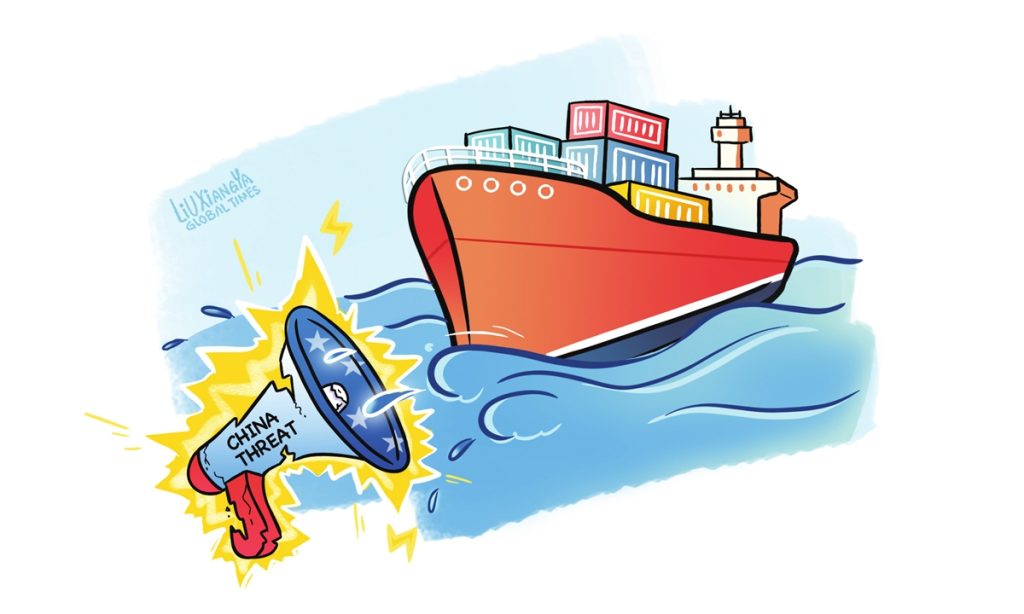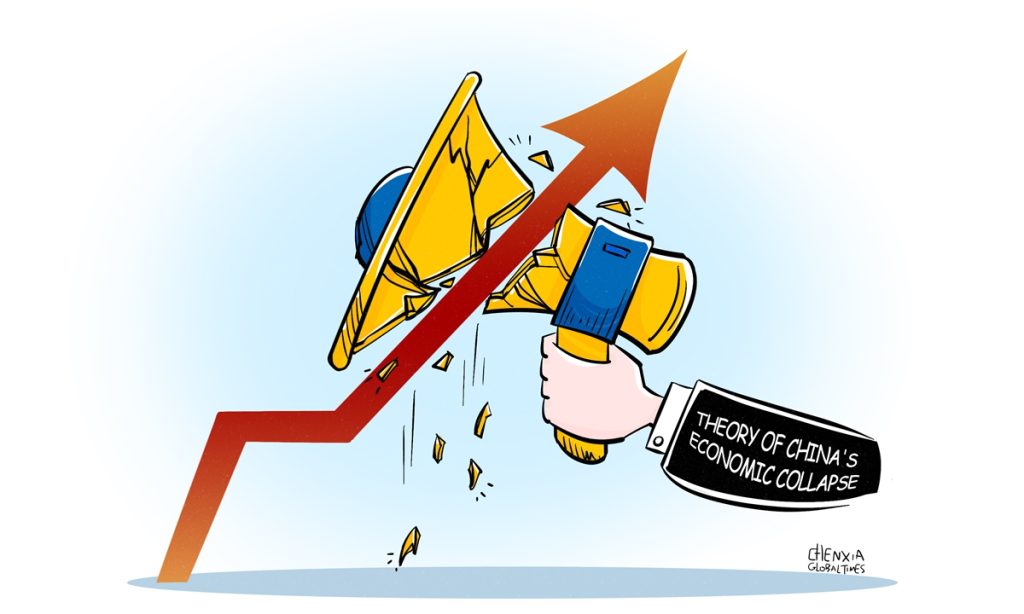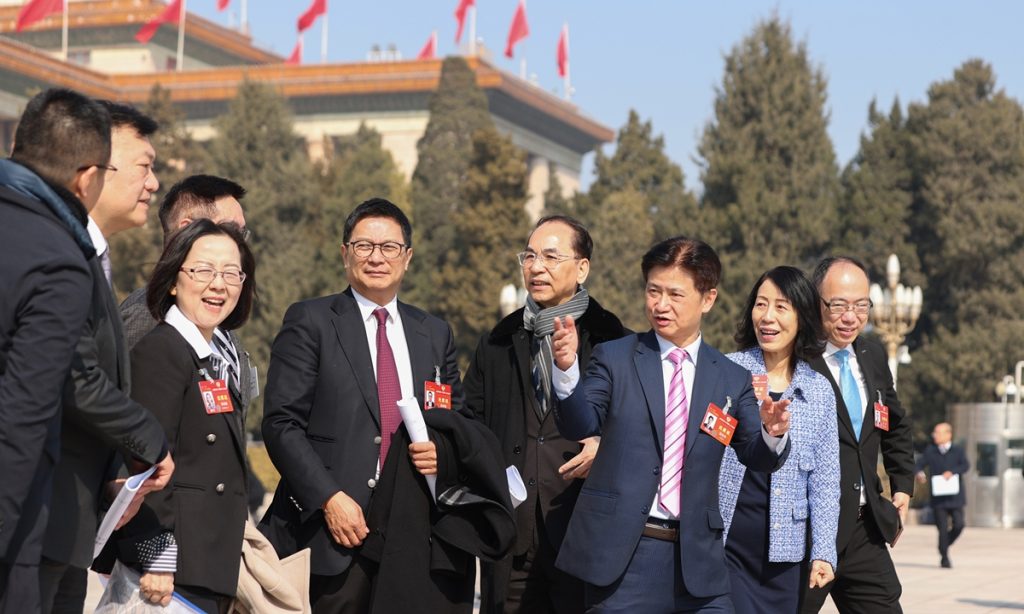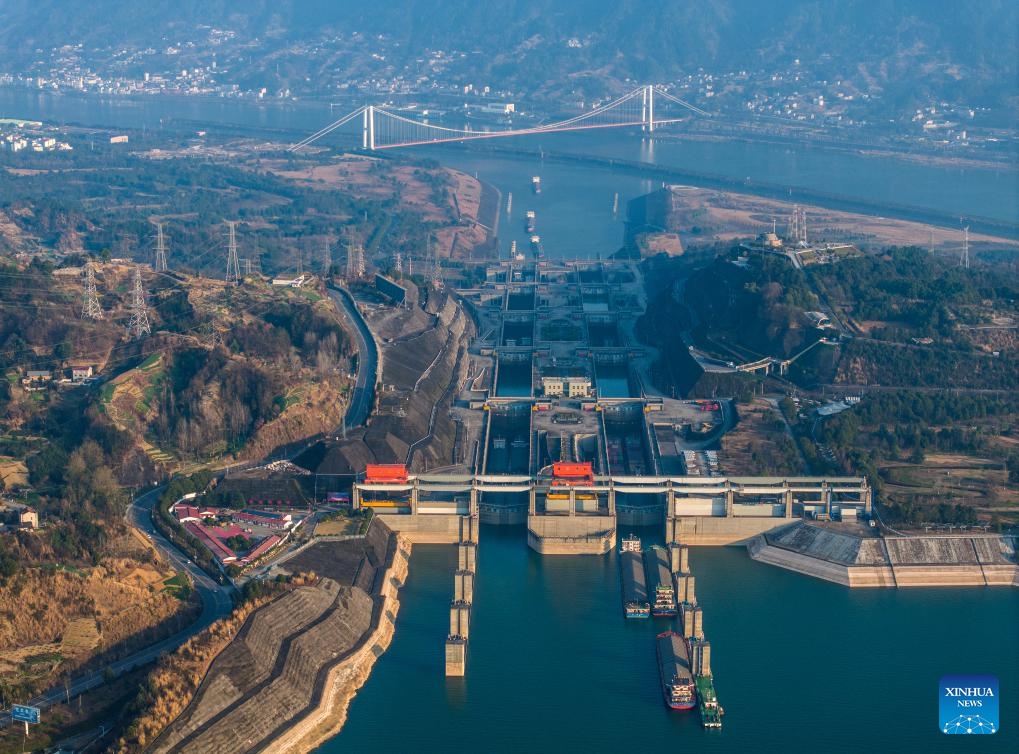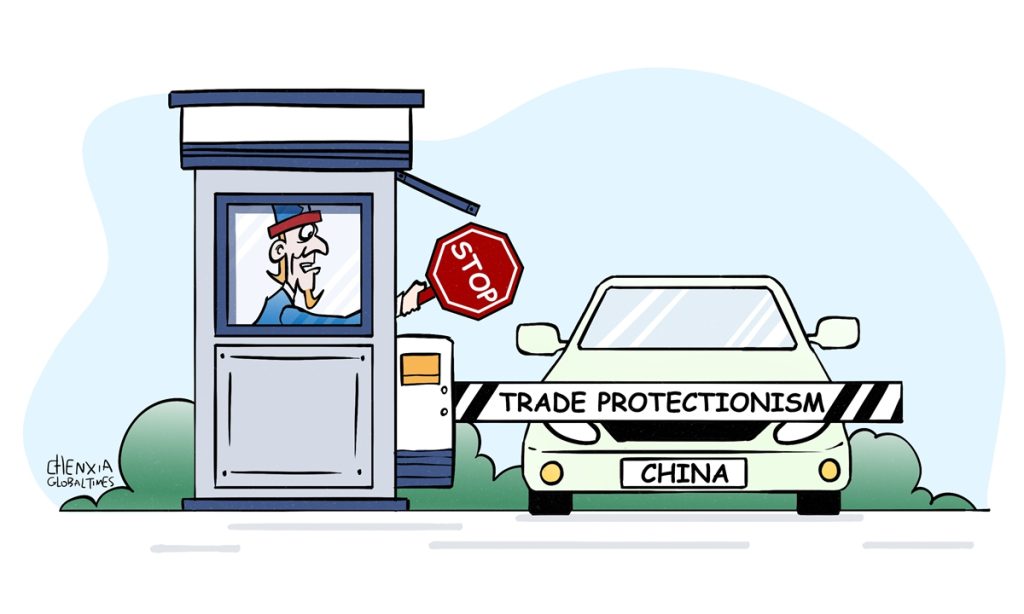Significant potential remains in China’s economic growth and tech advancements
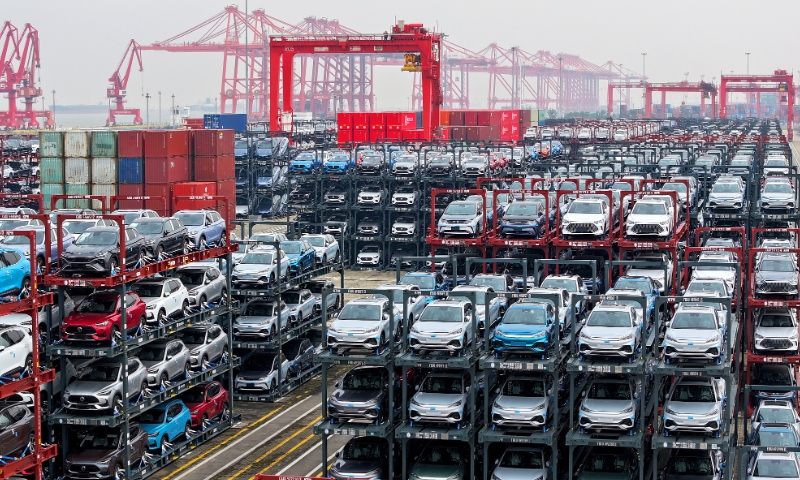
Currently, some observers assert that China's economic growth has peaked, drawing parallels to Japan's situation in the 1990s. This implies that China may face a 30-year stagnation, potentially missing the opportunity to surpass the size of the US economy. However, this perspective is a misconception, as it interprets China's cyclical adjustments as indicative of a long-term economic downturn.
In reality, the Chinese government is working toward multiple objectives simultaneously, with economic growth rate being just one of them. While China has set lower goal of economic growth compared with the past, this shift has also created more opportunities to advance other goals. China's economic growth continues to hold significant potential.
China's potential economic growth rate is still estimated to be around 5.5 percent, if not higher. This is attributed to China's high current savings rate, which stands at 45 percent of its GDP. In essence, this substantial savings volume, equivalent to 45 percent of its GDP, will stimulate investment and subsequently fuel growth.
While there is ample opportunity for infrastructure investment in China, domestic investment focus extends beyond just infrastructure. The need for infrastructure improvement in cities located in the central and western regions highlights the room and potential for further infrastructure investments growth.
China is currently increasing its investments in labor productivity. A new concept known as "new quality productive forces" has emerged in China. By fostering these new quality productive forces, there is potential to enhance total factor productivity and enhance the efficiency of overall economic development. This trend partly accounts for the decrease in foreign investment in China, as the country's capital is currently abundant.
In terms of China's savings and consumption, there are also misconceptions. A pivotal moment occurred in 2010. Prior to this year, China experienced a rapid increase in its savings rate, partially attributed to rising incomes. Additionally, excessive exports contributed to significant savings accumulation among the residents, resulting in a higher savings rate and a decline in the consumption ratio.
However, since 2010, the proportion of consumption has actually increased significantly, driven by a strong preference for spending among the population. In fact, between 2010 and 2019, consumption growth in China surpassed income growth over the nine-year period, resulting in a notable increase in the contribution of consumption to the Chinese economy.
Throughout the three-year span of the COVID-19 pandemic, economic growth has slowed, at the same time, the pace of consumer spending growth also slowed. Nevertheless, in 2023, consumption growth contributed to 82 percent of the total GDP growth, marking a notably high proportion. It is imperative to remain patient concerning the expansion of consumption in China.
There is a misconception that China lacks consumption at present. In my opinion, the current issue in China is more related to investment rather than consumption. Examining China's economic performance last year, weak exports have had a certain impact, but another contributing factor is the insufficient investment. The government is implementing measures to boost investment, which is expected to spur economic growth.
China's impressive progress in technology is noteworthy. Advancements in artificial intelligence (AI), electric vehicles (EV), and renewable energy are moving forward rapidly. During a recent visit to iFlytek in Hefei, East China's Anhui Province, I observed their highly advanced AI model development, which is nearing the level of the ChatGPT model introduced just six months ago.
In the realm of AI applications, China has surged ahead of many countries and even outpaced the US in certain domains. Intelligent connected vehicles serve as a prime example of this advancement. This year, China plans to expand real world testing for autonomous driving systems. Currently, these systems are limited to specific areas. While some regions in the US are just beginning road trials, China is poised to expand its autonomous driving testing this year. This signifies a crucial year for China's intelligent connected vehicles and for the worldwide advancement of this technology.
In addition to strengthening its advantages in the aforementioned technological fields, China is also at the forefront in various areas. When it comes to cutting-edge technologies for the future, China leads in fields like quantum computing, quantum communication, fusion technology, and more.
I anticipate that the next three decades will be the most exhilarating period in China's history. The last time China held a prominent position as a global technology leader was during the Song Dynasty about a thousand years ago. I am confident that in the next thirty years, China will once again ascend to the peak of global technological advancement.
The article was compiled from a speech of Yao Yang, economist and Boya chair professor at Peking University, at the Ambassador Round Table Dialogue on "China's Economic Outlook" in Beijing on Friday.

